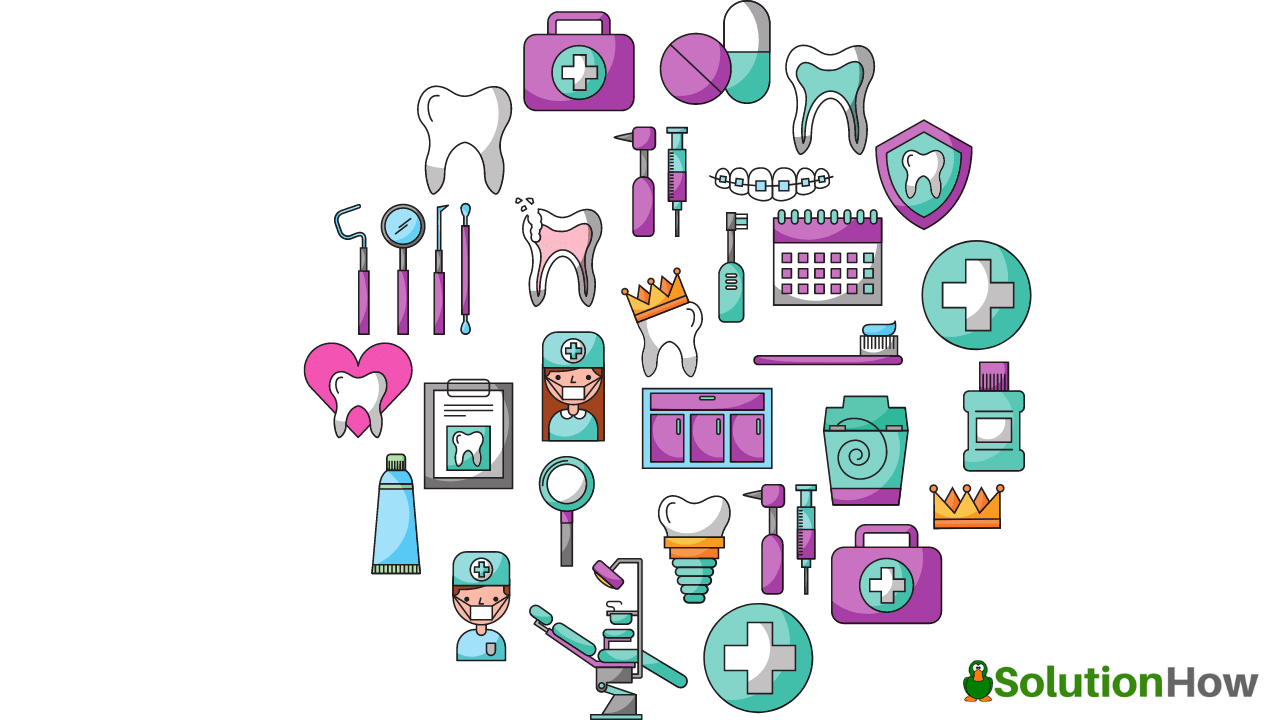
Dentist
Restorative dentistry has advanced over the years. With the advancement comes implant-supported dentures. Implant-supported dentures are those that rely on implants that are attached to the jaw or cheekbone. This type of denture is a lot different from regular removable dentures. The removable ones are designed to sit on the jaw. However, they do not offer as much bite force as the implant-supported dentures.
Implant-supported dentures are most often recommended to patients who have lost several of their teeth, whether in the upper or lower jaw. In addition to this, they can also be recommended to patients who do not have sufficient bone mass to hold a dental implant in place. The loss of bone mass could result from prolonged missing teeth, which may have caused the jaw bone to retract or shrink.
Patients who visit dentist Glen Waverley are often interested in knowing the number of implants used for their dentures. However, before the number of implants to be used is calculated, the dentist first has to consider several factors. One of the factors to consider include the number of teeth supported by each denture. A denture, on average, can support as many as 14 teeth on it. This means that the patient will enjoy a better result when they get more implants installed. However, many dentists recommend no more than four dental implants be installed for stability and improved function.
The recommended number, four, is based on the principle of stability as found in stools, tables, chairs, and others. With the four dental implants installed and connected using a bar, the patient can rest easy knowing that their over denture is more stable. For patients who have lost a significant number of teeth on their lower jaw, five or more implants may be recommended to give the jaw and mouth a sturdy finish and add to the bite force and bite distribution. The upper jaw may require as many as six implants to achieve the desired results.
What You Should Know About Dental Implants?
As a patient, it is normal to have many questions, especially when planning on undergoing such a procedure like this. Below are some of the commonly asked questions, as well as the answers that you need.
Are Dental Implants A Permanent Solution For Tooth Loss?
Dental implants are designed to mimic the natural teeth in their absence. A person who has had dental implants installed in their mouth can enjoy the advantages of this procedure for years to come. One of the biggest reasons why dental implants are also favored as a top and personal solution for tooth loss is that it does not require special maintenance and care. Patients can care for their dental implants the same way they care for their natural teeth.
Should I Get Dental Implants Or Dentures; Why?
If you are left to choose between dentures and dental implants, dental implants should be your choice restorative procedure. Some of the reasons why dental implants are recommended over dentures include;
– Dental implants help to preserve the jawbone and keep it from shrinking. The shrinkage of the jawbone can affect the patient’s appearance.
– Dental implants offer the same look and feel that natural teeth offer. In addition, it offers a similar level of bite force distribution that is enough to stimulate the jawbone and crush food items.
– Dental implants are fixed into the jawbone. This reduces the embarrassment that a removable denture can cause over time.
How Many Teeth Can Be Replaced With Dental Implants?
Dental implants are designed to replace any number of teeth both in the upper and lower jaw region. Using a dental implant, a patient may replace a single tooth or a set of teeth, depending on the number of missing teeth they have to replace.
Are There Any Differences Between Dental Implants And Dentures?
Yes. The major difference between both of these dental restoration options is the method required. Dental implants are designed to replace a missing tooth from the root, while dentures are designed to sit on the gum whole, also offering removable advantages to the patient. If you are interested in a permanent restoration method, a dental implant is the option for you.
What Are The Pros And Cons Of Dental Implants?
The pros of dental implants include:
– They are installed independently and do not rely on surrounding teeth for support.
– They appear, feel, and are maintained as the natural teeth would.
– They deliver a similar amount of bite force when compared to natural teeth.
The cons of dental implants include:
– Can be expensive to fix, especially if you have a lot of missing teeth.
– There may be a chance of infection when the procedure isn’t handled by a professional
– You may require additional dental work like bone grafts.






